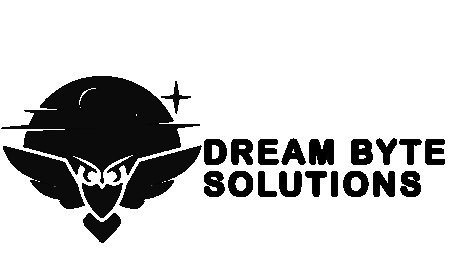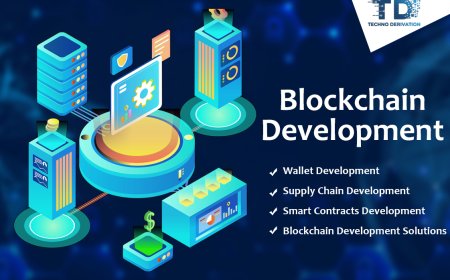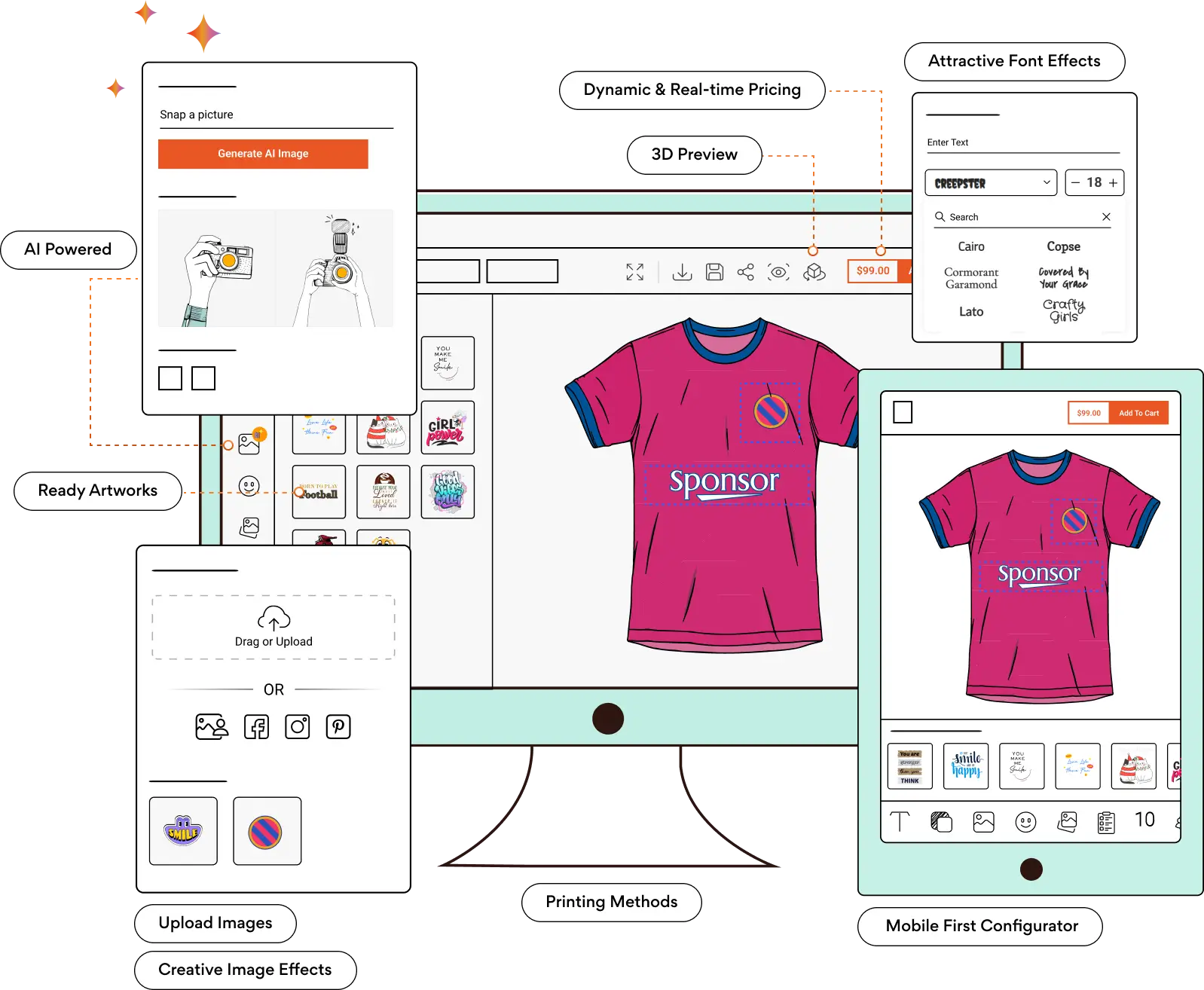The Role of a Bubble.io Developer: What You Need to Know Before You Build
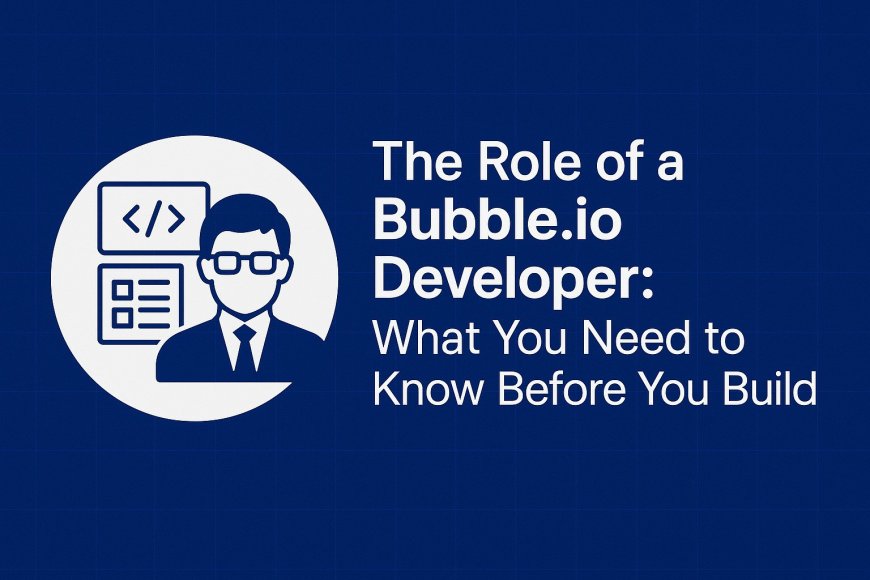
In todays fast-paced digital economy, speed and flexibility are everything. Businesses need software solutions that can be developed quickly, tested efficiently, and scaled seamlessly. Thats where no-code platforms like Bubble.io come in. With its visual editor and robust backend tools, Bubble is changing the way web apps are built. But even with no-code tools, theres a growing need for experts who understand the ins and outs of the platform enter the Bubble io developer.
In this article, well explore what a Bubble.io developer does, the platforms capabilities and limitations, and why hiring the right developer could be the smartest move you make for your next project.
What Is Bubble.io?
Bubble.io is a no-code web development platform that allows users to create fully functional web applications without writing traditional code. From user authentication to database management, APIs, workflows, and dynamic content, Bubble offers a visual development interface that mimics many features of custom-coded platforms.
With the right configuration, businesses can build:
-
Marketplaces
-
SaaS platforms
-
CRMs and dashboards
-
Booking systems
-
Social networks
Bubble simplifies the development process but still requires deep platform knowledge, especially when projects become complex. This is where the Bubble io developer plays a critical role.
Who Is a Bubble.io Developer?
A Bubble io developer is someone who specializes in building and maintaining web applications using the Bubble.io platform. While the platform eliminates the need for traditional coding, developers still need to understand:
-
App architecture
-
User experience (UX) and UI design
-
Workflow and logic building
-
API integrations
-
Database structures
These developers combine technical understanding with creative problem-solving. They don't just drag and drop elements they craft applications that are user-friendly, scalable, and efficient.
Key Responsibilities of a Bubble.io Developer
Lets take a deeper look at what a Bubble.io developer typically handles in a project:
1. Application Planning & Scoping
Before building, developers work with clients to understand goals, target audiences, and technical requirements. They then create a development roadmap within Bubbles constraints.
2. UI/UX Design Implementation
Bubbles front-end builder allows customization, but its a developers job to make interfaces intuitive and visually appealing, ensuring responsive design for mobile and desktop.
3. Database Configuration
Data is central to every app. Developers set up structured databases, define fields, and manage relationships, ensuring the application is both fast and secure.
4. Workflow Logic
This is where apps come to life. From conditional visibility to automated email triggers and payment gateways, developers design and build the apps entire logic through Bubbles visual workflow editor.
5. API Integration
Advanced applications often need to connect with third-party services CRMs, payment processors, or analytics tools. Bubble developers handle these external integrations via APIs and plugins.
6. Testing and Debugging
Every app needs testing. Developers ensure the app functions flawlessly, performing tests across different browsers, devices, and use cases to identify and fix bugs.
Advantages of Hiring a Bubble.io Developer
While you can build an app in Bubble yourself, there are numerous reasons to consider hiring a dedicated Bubble io developer:
1. Time Efficiency
Bubble developers understand shortcuts, best practices, and workarounds that can save you weeks of trial and error.
2. Scalability
A well-built Bubble app can handle significant traffic and data. A developer ensures your app scales without crashing or slowing down.
3. Professional UI/UX
Developers create clean, modern interfaces that reflect your brand and offer a smooth user experience.
4. Security
Your data (and your users data) must be secure. Developers follow Bubbles best practices to prevent vulnerabilities.
5. Custom Features
When you need advanced features like dynamic filtering, multi-user permissions, or custom workflows, a developers expertise becomes essential.
Limitations to Be Aware Of
Bubble is powerful, but its not perfect. Both clients and developers should be aware of some common limitations:
1. Performance at Scale
Bubble apps can slow down with very large databases or when poorly optimized. Developers mitigate this by optimizing workflows and structuring data smartly.
2. Mobile Responsiveness
Creating truly responsive mobile experiences can be tricky in Bubbles editor. Skilled developers use plugins and workarounds to fine-tune designs.
3. Third-Party Plugins
Relying heavily on community plugins can create maintenance challenges. Developers evaluate plugin reliability before integration.
4. SEO Limitations
SEO on Bubble can be challenging for single-page apps. A Bubble io developer with SEO knowledge can help optimize metadata and use Bubble's server-side rendering features.
How to Choose the Right Bubble.io Developer
Not all Bubble developers are created equal. Heres what to look for when hiring:
1. Portfolio of Past Projects
Check for relevant experience in the app type youre building (e.g., marketplace, SaaS, etc.).
2. Understanding of UX/UI
A good developer knows design matters. Look for visually polished projects with intuitive navigation.
3. Workflow Optimization Skills
Ask how they build scalable logic. Do they consider performance? Have they worked on apps with thousands of users?
4. Communication & Collaboration
Your developer should be able to explain technical choices clearly and work closely with you during each phase of development.
Real-World Use Cases: Where Bubble.io Developers Shine
To understand the value a Bubble io developer brings, consider these real-world scenarios:
-
Startup MVPs: Founders use Bubble developers to rapidly prototype, test, and iterate apps before committing to full-scale coding.
-
Internal Tools: Businesses build custom CRMs or workflow tools with Bubble developers to replace spreadsheets and manual processes.
-
Client Portals: Service-based companies use Bubble developers to create dashboards where clients can log in, view data, and interact with services.
-
Marketplaces: Developers build platforms that allow users to list, browse, and purchase services or products complete with payment integrations.
Final Thoughts: Build Smarter with a Bubble.io Developer
No-code platforms like Bubble.io are revolutionizing app development by putting more power in the hands of creators. But when you want to build something robust, scalable, and future-ready, a Bubble io developer can be your secret weapon.
Whether you're a startup founder launching your MVP or a business owner looking to digitize operations, hiring a skilled developer ensures your app is built with the performance, security, and user experience you need.












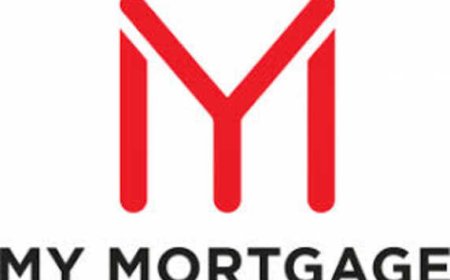



![Top 9 Real Estate Mobile App Developers in Riyadh, Saudi Arabia [2025 Edition]](https://www.biphoo.uk/uploads/images/202507/image_430x256_6879d0d524335.jpg)




